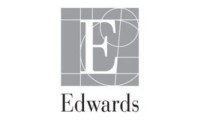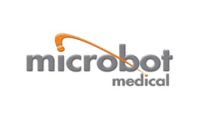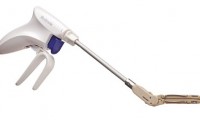-
Abbisko Therapeutics Announces that U.S. FDA Has Granted Fast Track Designation for Its CSF-1R Inhibitor Pimicotinib(ABSK021)
- Source: drugdu
- 104
- December 17, 2023
-
HPV DNA Test Using Lymphatic Fluid Collected After Surgery Could Predict Risk of Cancer Recurrence
- Source: drugdu
- 104
- December 14, 2023
-
Nanopore Sequencing Cuts Tumor Analysis Times and Costs, Finds Study
- Source: drugdu
- 102
- December 13, 2023
-
Merck and Moderna to Launch Trial of mRNA-4157 Plus Keytruda in Non-Small Cell Lung Cancer
- Source: drugdu
- 100
- December 13, 2023
-
Edwards plans to spin off critical care business next year
- Source: drugdu
- 103
- December 11, 2023
-
Microbot Medical is a step closer to an FDA IDE submission
- Source: drugdu
- 110
- December 9, 2023
-
Intuitive’s venture capital arm launches second investment fund
- Source: drugdu
- 111
- December 7, 2023
-
Exactech wins clearance for new ankle surgery navigation system
- Source: drugdu
- 108
- December 7, 2023
-
【EXPERT Q&A】What are the differences between the MDR and IVDR regulations?
- Source: drugdu
- 195
- December 4, 2023
-
Medtronic to chase Boston Scientific, Abbott in left atrial appendage closure market
- Source: drugdu
- 176
- November 30, 2023
your submission has already been received.
OK
Subscribe
Please enter a valid Email address!
Submit
The most relevant industry news & insight will be sent to you every two weeks.













